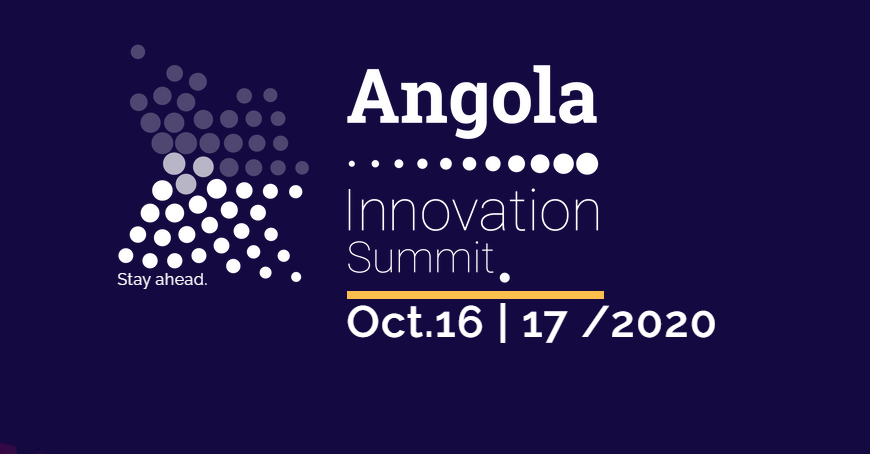ZIMBABWE’s ambassador to Malawi, Hilda Suka-Mafudze, has been appointed the African Union (AU) envoy to Washington, replacing Arikana Chihombori-Quao who was fired last November for speaking out against France’s atrocities in Africa.

The appointment of Suka-Mafudze, who hails from the same town as Chihombori-Quao, is largely seen by observers as politically motivated to pacify Zimbabwean president Emerson Mnangagwa and potentially dissuade him from pushing Chihombori-Quao’s candidacy for the top AU Commission post.
Suka-Mafudze, who was appointed Zimbabwe’s ambassador to Malawi last year by President Emmerson Mnangagwa, is expected to fly to Washington next week and is currently in Addis Ababa, Ethiopia, at the AU headquarters.
“I am humbled and appreciative to be able to represent my continent in the US,” said Suka-Mafudze, who served as an MDC legislator for Mhondoro constituency from 2000 to 2005. “I am certainly going to use this as an African to contribute better to the Africa we want.
“I am a true pan-Africanist and I know what we really need as Africa and where we want to be as Africans, all this is in my heart and on my fingertips.”
She added: “What we want as Africa is to be on the global stage as an equal with others. We have what it takes and no one must, therefore, look down upon us. As Africa, we are at a stage where we know what we want and we obviously cannot, for example, continue to let our resources be taken as raw materials by people who by so doing are taking employment away from us.
“There are challenges on the continent, but we have to look at how to deal with those challenges and this opportunity is one way of finding solutions and I am humbled to be part of that.”
Asked on her vision for the continent, the country’s former envoy to Sudan said: “I will contribute towards the AU vision on the intra-Africa trade and I will be alert to the need to entrench relations with the US. Let us not overlook the need for relations if we are to be competitive on the global space but that does not mean our inability to effectively manage what we have.”
She said as she represents the chairman of the African Union in Washington, Africa must speak with one voice going forward in defining her destiny and harnessing opportunities through relations with the world, the US included.
“I represent the African Union, my chairman (Moussa Faki Mahamat) but I must also say I am humbled by the support I got from my country, Zimbabwe, President Emmerson Mnangagwa, and his entire team,” Suka-Mafudze said.
“I am representing the whole continent and we want to engage the US and agree on issues where we can co-operate. As Africa, we need investment in infrastructure to have investors coming in and when they do come in, it should be on win-win basis.”
She said she would also push for the African Continental Free Trade Agreement, one of the flagship projects of Agenda 2063 that “represents a critical step in the journey of Africa”.
One AU observer who spoke to DNT said “you have to give it to Faki; he appears to have some smarts about crookedness.” “While I am happy for Suka-Mafudze, I hope she is not being used by Faki to achieve a sinister political objective,” he said.
The observer who spoke on condition of anonymity because of his relations with the AU Commission went on to say “what Faki doesn’t know is that in the unlikely event that he is re-elected, he would find an AU Commission staff more hostile to him than ever before.”
From the Zimbabwe Mail with reporting by DNT Correspondents.











